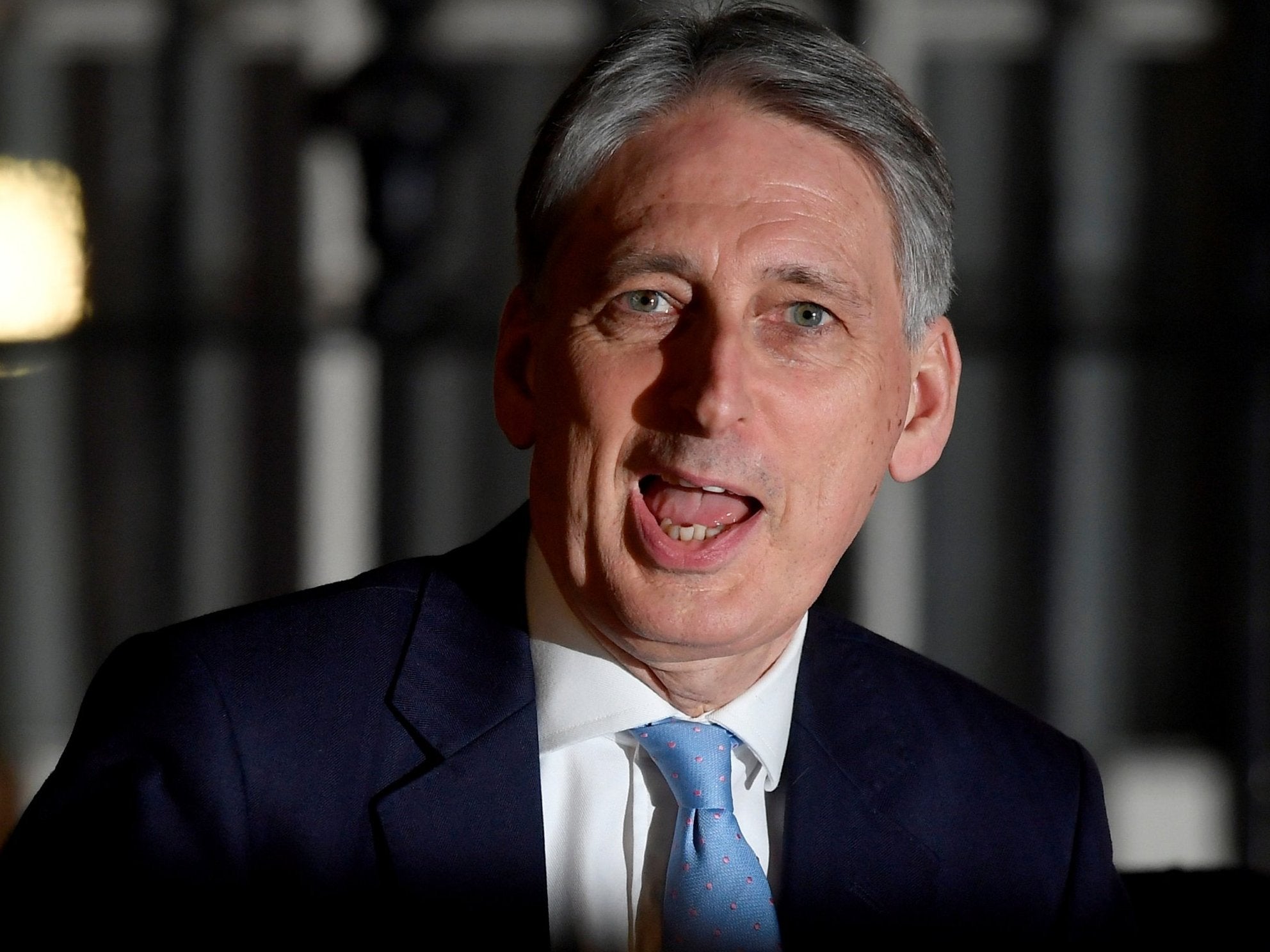Chancellor urged to take action over Brexit ‘casualties’ in Spring Statement
The latest predictions for Hammond’s big speech next week and why it matters for your money

If any of chancellor Philip Hammond’s scheduled addresses to the nation were set to be non-events, next week’s Spring Statement must be top of the list.
The filling in a sandwich of yet more critical Brexit votes, if you’re expecting show-stopping news on tax breaks or benefits boosts you’re likely to be sorely disappointed.
But what it should give us, coming just two weeks before the UK’s scheduled departure from the EU, is a glimpse of things to come as Hammond sets out his stall for the future.
Pick it up
He’ll have plenty to be getting on with.
The government stands accused of ignoring its responsibilities to act and legislate on everything that isn’t Brexit over the last two years, causing numerous plans and policies to grind to a halt and costing businesses and even individual consumers money as a result.
When it comes to our personal finances, that includes lapses in everything from the pensions dashboard to council tax. So what do the experts want to see Mr Hammond set his sights on next week? And what could that mean for our wallets?
Property
Last week, the High Court ruled that the government’s Right to Rent scheme breaches human rights and encourages discrimination among landlords. As yet, there has been no clear reaction or guidance from the government on what exactly the rental sector is supposed to do now.
It’s just one of the challenges facing the property market in the wake of a flurry of changes affecting landlords, tenants, buyers and sellers as prices continue to stutter against a backdrop of economic uncertainty.
Property specialists are now hoping for a major and swift change of tack from the chancellor over issues including council tax, empty properties and stamp duty.
“The high rates of stamp duty are encouraging people to move less, which has resulted in a big reduction in the number of property transactions,” says Guy Gittins, managing director at Chestertons.
“The Treasury is now suffering as a result of this as revenue from stamp duty in 2018 was 10 per cent down on the previous year while transaction numbers were only 5.5 per cent lower. The chancellor needs to reduce the stamp duty rates on the purchase of a main home to help to encourage more activity in the market.”
Then there’s the small matter of the ballooning rental sector.
“The government has acknowledged that we need more housing supply for both owner occupation and for rent, but less action has been taken with regard to the rental market,” adds Gittins.
“The private rental sector expanded from 12 per cent of UK households in 2006 to 18 per cent in 2016 and will reach 27 per cent by 2026 if the same rate of expansion continues. The phasing out of tax relief for landlords has already had a major impact as many landlords have sold off parts of their portfolio, thus reducing available properties and pushing up rents for those properties that do remain on the rental market.
“The chancellor should reinstate the tax allowance on finance related costs – if not at 100 per cent, then at least at 50 per cent to encourage landlords to remain within the market.”
Saving and investment
Brexit “casualties” include repeated delays to a new deal on social care funding and extended deliberations around improving pensions take-up by the self-employed, warns Steven Cameron, pensions director at Aegon.
“These are major issues that will make a huge difference to the futures of millions of individuals across the age spectrum long after Brexit,” he says.
“Top of our ‘urgent’ list is putting the future funding of social care on a sustainable footing. Our ageing population urgently needs clarity on what the state will pay for and what individuals will have to fund themselves, based on their wealth.
“An increased commitment to government funding would be very welcome, particularly if introduced alongside a cap on the overall amount anyone will have to pay themselves, allowing people to plan ahead and protect inheritance aspirations.
“An improvement in the public finances could also allow the chancellor to focus on improving rather than tightening savings incentives such as tax relief on pensions. The government has committed to looking at ways to increase pension take-up amongst the self-employed.”
Here, as in automatic enrolment, successfully increasing money saved into pensions means the Treasury collects less in income tax receipts, he acknowledges. But encouraging greater self-provision has huge long term benefits for retirees and those of working age alike and should save the government in benefit payments longer term.
Tax
A large scale fiscal event with significant funding announcements and tax changes is clearly off the table for next week, but by the summer the new economic normal should be emerging from the gloom.
“A summer ‘Brexit budget’ when a clearer picture of the UK’s future relationship with the EU should allow the chancellor to set out something of a future economic roadmap,” says Stella Amiss, head of tax policy at PwC.
“Given all the other ongoing government business it’s unlikely we will see a firm announcement to set a date at this stage.
“As the chancellor promised, last year’s Spring Statement didn’t contain any new immediate tax changes but it did prove to be the launching pad for a series of updates and consultations. We can expect similar again on Wednesday.”
Join our commenting forum
Join thought-provoking conversations, follow other Independent readers and see their replies
Comments